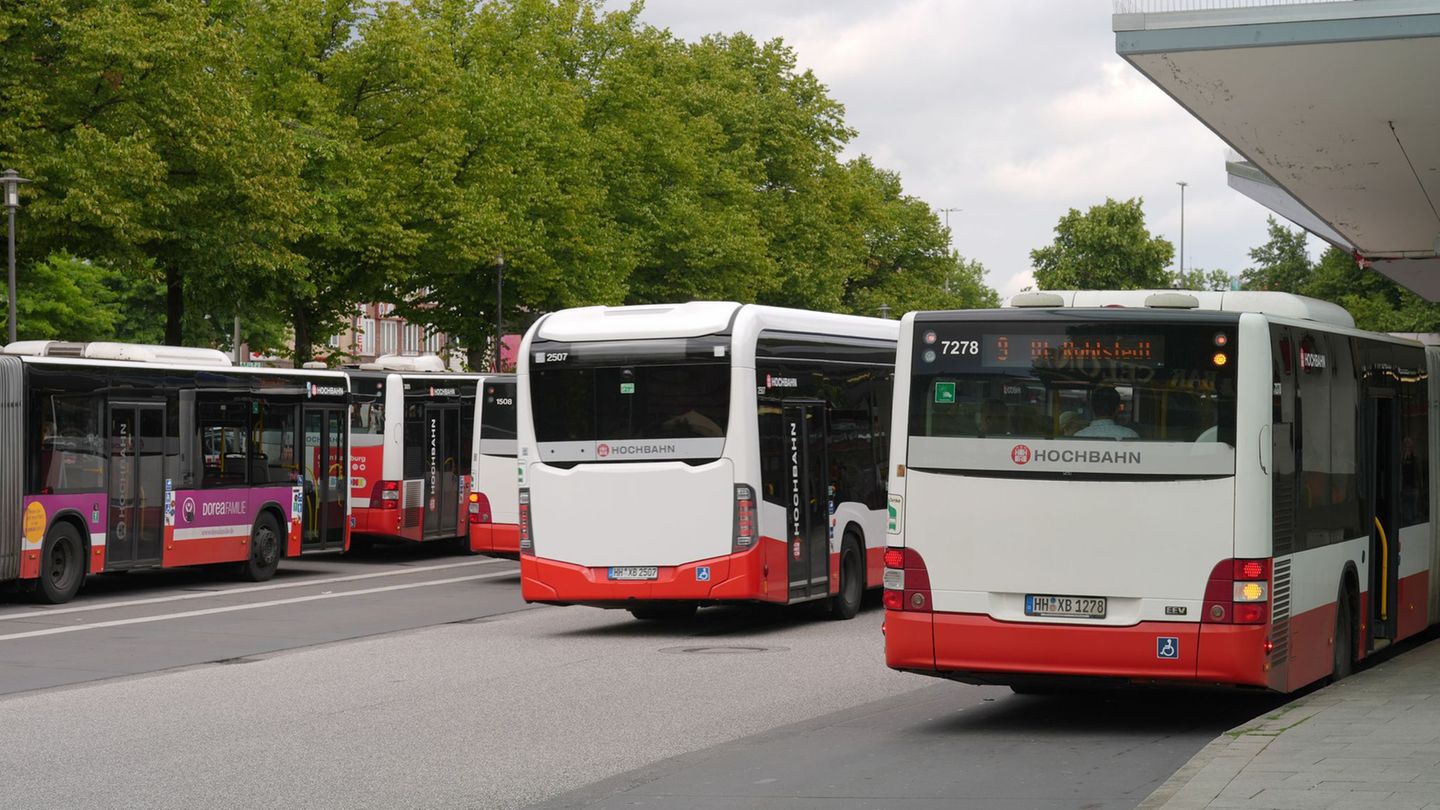The loss of influence of the Popular Movement for the Liberation of Angola (MPLA) in the province of Luanda is not new, it is a problem that has been highlighted in every election, economist Jonuel Gonçalves said this Thursday.
“The MPLA, which was very strong in Luanda, gradually lost the capital as the capital became something very different from what it was at the time of independence. [em 1975]. It became a reflection of the whole country,” said Jonuel Gonçalves Lusa.
Luanda’s population is a representative sample of “virtually all social groups in the country,” said Jonuel Gonçalves, recalling that during the civil war (1992-2002), many people fled the war zones to the capital, “which functioned as a refuge and problems remained unresolved”, which made the MPLA increasingly “unpopular”.
The Economist argued that Wednesday’s election was repeated with abstentions, as was already mentioned after the 2012 election.
The most recent preliminary results published by the National Electoral Commission (CNE), with 86.41% of the votes cast, give the MPLA 52.08% (2,872,603 votes) and the National Union for the Total Independence of Angola (UNITA) 42.98% (2,370 543 votes), strengthening the bipolarization more and more.
According to Jonuel Goncalves, the publication of preliminary results means that about 5.5 million voters voted for one of eight competing political formations (seven parties and a coalition).
“I calculated: out of this total, 5.1 million votes voted for the MPLA or UNITA, and then about 300,000 more votes were distributed among the remaining political forces. less than 12 million voters, therefore, making the difference between live voters and those whose vote has already been verified, we get a result of 7 million,” he explained.
“You can even consider that there are 6 million of them. Therefore, there were more abstentions than voters. They are the largest party if the 14% that remains to count the total number of votes cast is confirmed,” he continued.
For Jonuel Gonçalves, abstinence is not the same across the country, so “part of the abstinence protest in Luanda went straight to UNITA” and “UNITA is double what it was in 2017.”
According to CNE, the preliminary data for Luanda Province ranks UNITA in first place (62.93% – 1,027,337 votes), pushing the MPLA far into second place (33.06% – 539,805 votes).
“Now it is clear that we have this issue of abstention, which was important before, and now it is important again, because the MPLA, on top of that, has fewer votes. The MPLA again lost 10% of the vote from election to election. What will happen next? – he asked.
“My analysis is this: firstly, the sum of opposition and abstentions means that these elections were really not in favor of the MPLA. Secondly, democracy in Angola benefits from this, because there is a balance of power and a result that was not expected. was published “, he stressed.
The publication of the results for Luanda leads Jonuel Gonçalves to believe that “there was no fraud as a result”.
“You must admit it too,” he repeated.
Author: Lusa
Source: CM Jornal
Jane Stock is a technology author, who has written for 24 Hours World. She writes about the latest in technology news and trends, and is always on the lookout for new and innovative ways to improve his audience’s experience.




